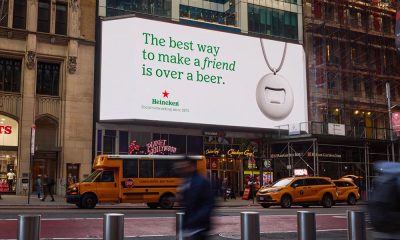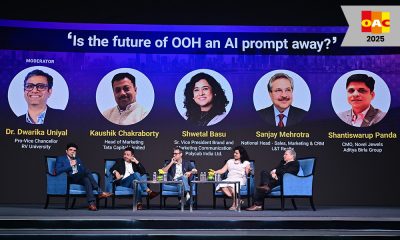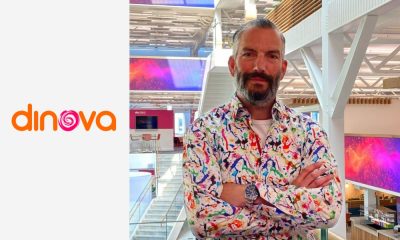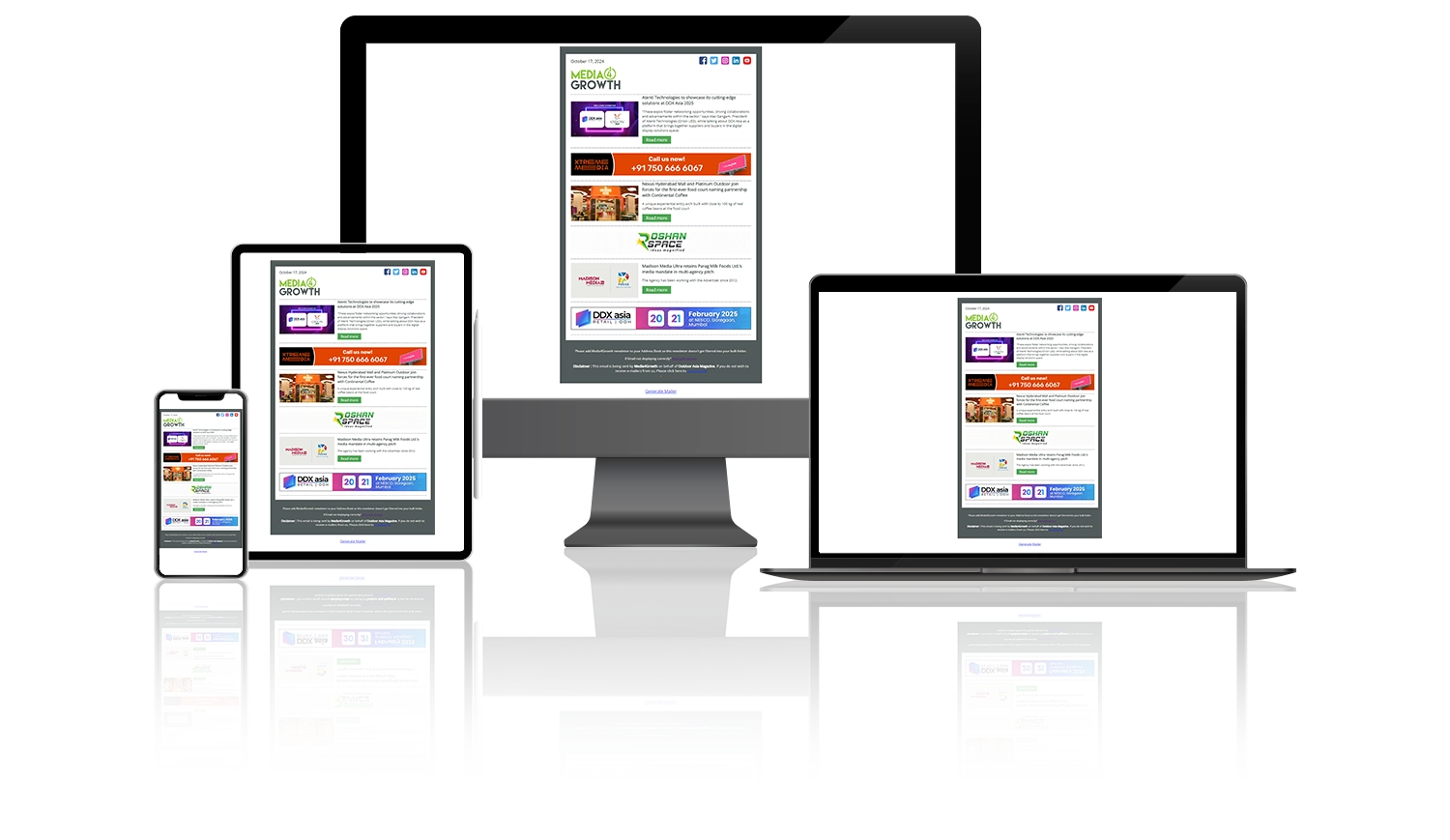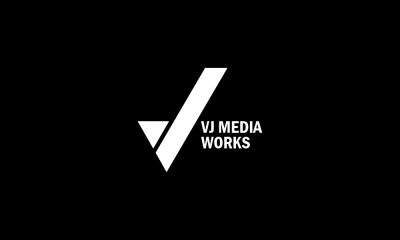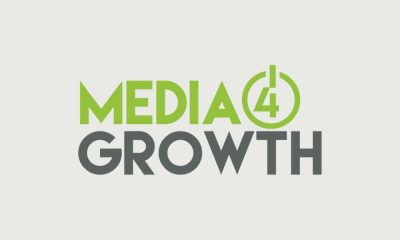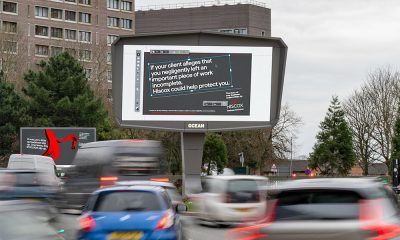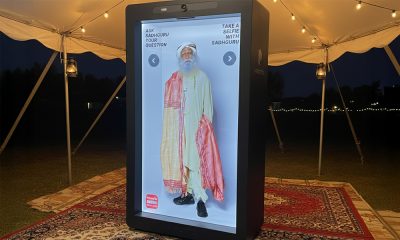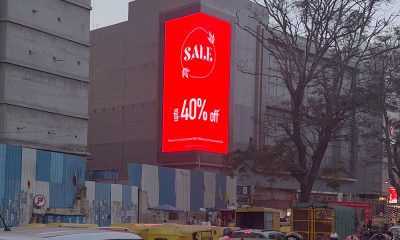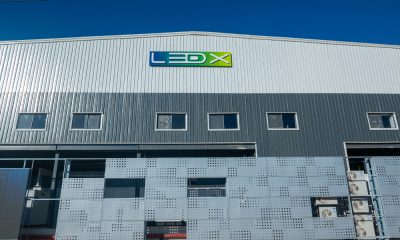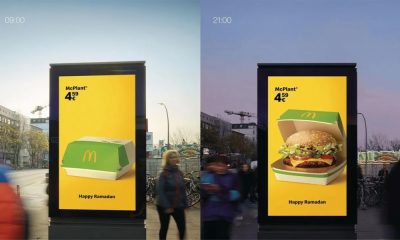OOH Adtech
Artificial Intelligence: Time to get smarter
Mike Cooper, CEO, DOmedia argues that AI, like all new industries, needs some form of consolidation to deliver on its potential
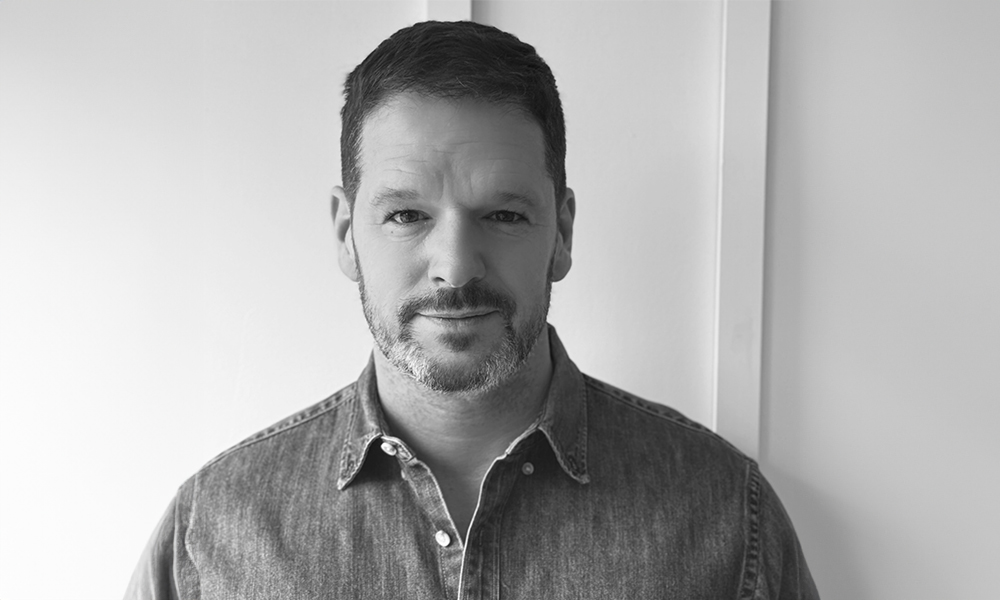
ar·ti·fi·cial
adjective
- made or produced by human beings rather than occurring naturally, especially as a copy of something natural
in·tel·li·gence
noun
- the ability to acquire and apply knowledge and skills; “an eminent man of great intelligence”
If we consolidate the definitions above, the word “artificial” quickly becomes redundant in this adventure of life that we humans have decided to embark on. If and when machines begin to learn, grow, and make decisions, that is simply intelligence—nothing artificial about that.
This, I suspect, is where the fear of AI stems from; the stuff of Hollywood movies, in which our manmade friends decide we’d be better off imprisoned for our own safety, or that they know what’s best for humanity. It’s also why it’s so easy to get lost in what is really happening now, and what these advancements can do for the world we live in, or, in this instance, those of us who work in the out-of-home industry.
As with the futuristic, stargazing version of AI, I would argue that in the media world, we have barely scratched the surface of what will and what could come to pass. It is a new industry that, like all new industries, needs some form of consolidation to really deliver on its potential.
A simple Google search will reveal that there are well over 100,000 companies claiming to be AI enablers, with a handful at the top—like ChatGPT—who can already add true value. Though even here, is ChatGPT truly learning, or is it consolidating a universe of data and using manmade algorithms to create content? Intelligence of any kind cannot be complete without understanding, empathy, and a few more triggers; a few companies, like Brandthrō in the U.S., are shining in this area.
So, although the brief for this piece was to wrap around what AI is doing now, it kind of has to end up being about what it will do, as again—we haven’t scratched the surface.
Yet, the potential is immense, and as usual, it starts with data. Consider, on the DOmedia platform alone, we consolidate over $10bn of planned media per year—that’s over 25% of the global pot before we incorporate first and third party data available to us. If you have been a strategist or a planner for any amount of time, I suspect it would be hard to quantify the amount of “repeat” work you’ve done over the years.
If nothing else (as basic as this sounds), imagine preparing an RFP, and being told after two paragraphs by your computer that you’ve done this before, and here it is, but all rates, availability, and images have been updated, and it’s been tweaked to the nuances of this client to improve CPMs and coverage. It’s a basic example, but already an efficient game changer, and especially as our alignment with other media continues, omni-channel learnings become invaluable.
Let’s layer in post-campaign analysis and attribution, and what could be done with that to inform the build of a media campaign going forward. It’s no great stretch to think that we could arrive at a place where the DOmedia system could tell you: “if you do this combination of sites, over this period, on a sunny Los Angeles morning, and retarget with a mobile campaign that afternoon, a fitness-focused soccer mom is 80% more likely to buy your product,” or whatever the business objective is.
Of course, a key factor here is creativity. We’ve all blamed bad creative for an underperforming media campaign, right? Though is creativity not also subject to the same learnings through data, especially when we can incorporate such components as social interaction, actual interaction, or even retinal scanning? What colour was noticed more, what tagline, font, imagery, price point, or celebrity endorsement? Creative can learn in exactly the same way as the medium itself; run a campaign with the perfect audience plan, the perfect artwork, at the right time in the right place with the right frequency, and the learning cycle continues.
So once all of this is done, who needs people, right? NO!
More than ever, I do not believe that this product will ever get smarter than the ones who invented it—us. Evolutions in all areas have grown through human expertise, passion, and engagement. In the main space, tools reduce friction and increase efficiency.
Everything I have listed above should free human time to allow us to be smarter—to think more (and yes, hopefully to enjoy more time with our families as well, I have no objection to that). But as I said at the beginning, intelligence is defined by its ability to learn, so as AI learns, then it will free up our time to learn. One day, AI will be an obvious day-to-day tool, and it will be a human, given the freedom of time to think, who will create the next thing that we haven’t even thought of yet.
